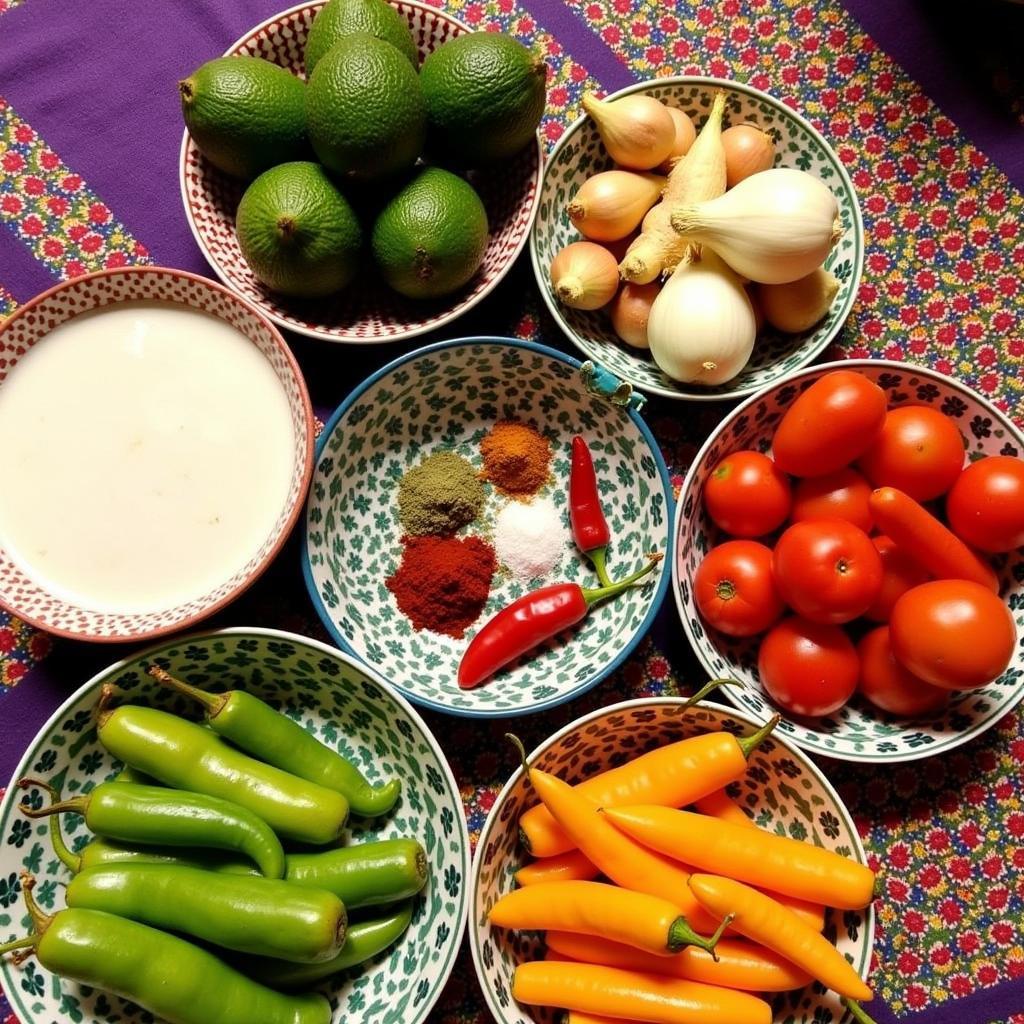Understanding African American Teenage Pregnancy
African American Teenage Pregnancy is a complex issue with deep roots in social, economic, and cultural factors. This article delves into the multifaceted nature of this issue, exploring its causes, consequences, and potential solutions. We will examine the various contributing factors, including socioeconomic disparities, access to healthcare and education, and cultural influences.
Socioeconomic Disparities and Their Impact
Poverty plays a significant role in the rates of teen pregnancy within the African American community. Limited access to resources, such as quality education, job opportunities, and affordable housing, can create a cycle of disadvantage that increases the likelihood of teen pregnancy. Financial instability often leads to stress within families, which can further impact decision-making and access to contraceptives.
Lack of access to comprehensive sex education is another crucial factor contributing to higher rates of teen pregnancy. Many schools in underserved communities lack the resources to provide comprehensive, evidence-based sex education that empowers teens to make informed decisions about their reproductive health.
Access to Healthcare and Education: Crucial Factors
Access to quality healthcare, including reproductive health services, is essential for preventing teen pregnancy. However, many African American communities face significant barriers to accessing affordable and comprehensive healthcare, including a lack of nearby clinics, transportation challenges, and a shortage of healthcare providers.
Furthermore, educational attainment is strongly linked to lower rates of teen pregnancy. Young women who stay in school and pursue higher education are more likely to delay parenthood and have greater opportunities in life. Supporting educational initiatives and providing mentorship programs can empower African American teens to reach their full potential and make informed choices about their future.
Cultural Influences and Community Support
Cultural norms and values within the African American community can also influence attitudes towards teen pregnancy. Open and honest conversations about sex and relationships are crucial for breaking down stigmas and empowering teens to make responsible choices. Community-based programs that provide support and guidance can play a vital role in addressing this issue.
Strengthening family support systems and promoting positive role models can also make a significant difference. Creating environments where teens feel comfortable seeking advice and support from family members and trusted adults can help them navigate the challenges of adolescence and make healthy choices.
“We need to create safe spaces for young people to discuss their concerns and access reliable information about sexual health,” says Dr. Anika Johnson, a leading adolescent health specialist. “Empowering teens with knowledge and support is essential for breaking the cycle of teen pregnancy.”
Addressing the Issue: Comprehensive Solutions
Addressing the issue of African American teenage pregnancy requires a multi-pronged approach that tackles the underlying social, economic, and cultural factors. This includes investing in comprehensive sex education, increasing access to affordable healthcare and contraceptives, and providing economic opportunities for young people.
“Early intervention and prevention programs are key,” adds Dr. Johnson. “By addressing the root causes of teen pregnancy, we can create a brighter future for young people and their families.”
Conclusion
African American teenage pregnancy is a complex issue that demands our attention and action. By working together to address the underlying causes and providing support to young people, we can create a more equitable and empowering future for all. Understanding the various factors involved and implementing comprehensive solutions is crucial for reducing the rates of teen pregnancy and fostering healthy communities.
FAQ
- What are the leading causes of teen pregnancy among African American teens?
- How can communities support young mothers and their children?
- What are some effective teen pregnancy prevention programs?
- How can we improve access to healthcare and education for underserved communities?
- What role do parents and families play in preventing teen pregnancy?
- Where can I find more information and resources on this topic?
- How can I get involved in supporting teen pregnancy prevention efforts in my community?
Common Scenarios and Questions
-
Scenario: A young African American teen is unsure where to access confidential reproductive health services.
-
Question: Where can I find a clinic that provides affordable and confidential reproductive health services near me?
-
Scenario: A teen mother is struggling to balance school and childcare responsibilities.
-
Question: What resources are available to support teen mothers who want to continue their education?
Further Reading and Resources
- Visit our page on Teen Pregnancy Prevention Programs for more information.
- Learn more about the impact of socioeconomic factors on teen pregnancy in our dedicated section.
Call to Action
For support and resources related to teenage pregnancy, please contact us at Phone: +255768904061, Email: [email protected] or visit our office at Mbarali DC Mawindi, Kangaga, Tanzania. We offer 24/7 customer support.





